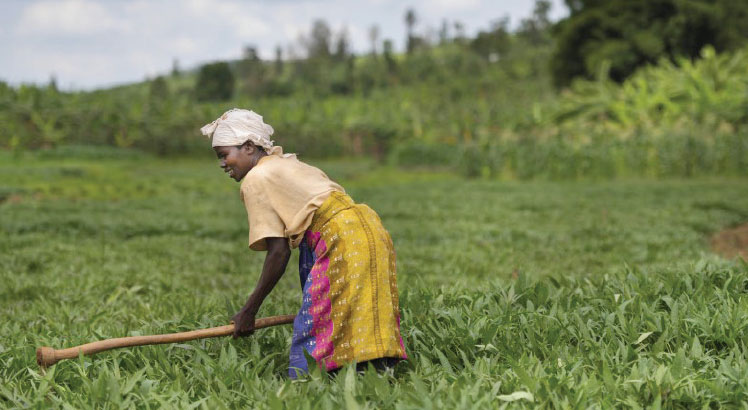MCTU wants minimum wage to more than double
Malawi Congress of Trade Union (MCTU) has asked government to more than double the minimum wage from current K687.30 to K1 500 per day to ensure that workers counter the turbulent economic climate.
Speaking on the sidelines of the Tripartite Labour Advisory Council (Tilac) meeting in Lilongwe on Thursday, MCTU president Chauluka Muwake said Malawian workers are the least paid in this region and are failing to make ends meet.
Tilac is established under Section 55 of the Labour Relations Act and its establishment is a requirement by International Labour Convention number 144 on Tripartite Consultations, which Malawi ratified.
Said Muwake: “Tilac in Malawi had stopped existing some years back, and this meeting is a step towards reviving this important council in the country.

due to rising cost of living
“We hope that once fully operational, issues to do with minimum wage increase will be looked at seriously. Imagine employees getting K687.30 per day, can they make ends meet?”
He said they have engaged the Ministry of Labour, Youth, Sports and Manpower Development on minimum wage increase and hope that the negotiations will yield positive results.
Secretary for Labour, Youth, Sports and Manpower Development Sam Madula in a separate interview said he is aware of the issue of minimum wage hike, but asked for more time to gather information on the matter.
He said the coming in of Tilac will help to end some of the challenges workers face as it helps to advise the Minister for Labour on matters concerning the activities of the world of work and for consensus building on a broad range of social and economic issues.
International Labour Organisation (ILO) director for Zambia, Malawi and Mozambique, Alexio Musindo, agreed with Muwake that wages need to be structured in such a way that they enable workers live a decent life and move out of the poverty trap.
With the rising cost of living, which has shot through the roof, most workers’ disposable income is fast eroding at a time inflation rate is hovering at around 22.8 percent as of August 2016, making it one of the highest in the 19-member Common Market for Eastern and Southern Africa (Comesa) trade bloc. n





